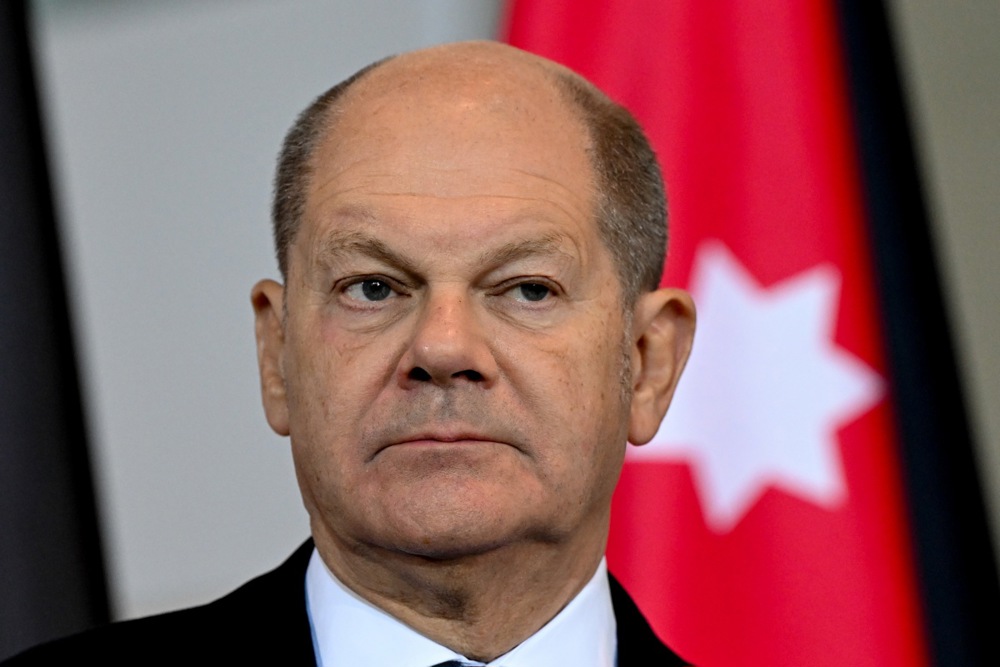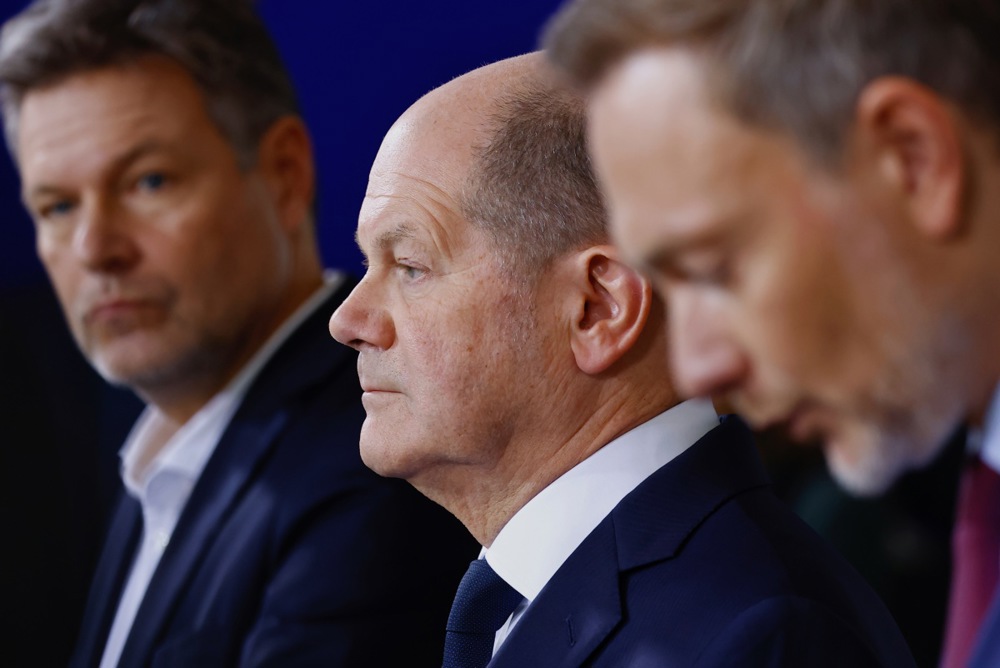Selling sex is unacceptable, says Germany’s chancellor, who calls for a crackdown on prostitution.
“I find it unacceptable when men buy women. This is something that has always morally outraged me,” says Olaf Scholz in Bundestag question time yesterday.
Prostitution “should not be accepted as normal”, and “everything must be done to combat it”, he adds.
He calls for a “discussion on how to address the purchase of sex,” involving more legal restrictions on sex work in Germany.
Selling sex is “not acceptable” and should not be “normalised”, he argues.
Scholz, a Social Democrat, has support on the point from the country’s Christian Democrats.
They also support banning buying sex and want penalties for clients, while sex workers should remain exempt from them, according to a resolution submitted by the party.
Countries such as Sweden, Canada, and France take this approach.
The European Parliament also expresses support for a ban on buying sex, following the so-called Nordic model.
However, a minority opinion included in the same European resolution argues instead for recognising and protecting sex workers.
Germany’s government has no plans to amend the Prostitutes Protection Act from 2017, which aims to strengthen the legal situation of sex workers, says Lisa Paus, Germany’s women’s minister and a Green Party member.
The law is currently under evaluation until 2025, she says.
The Nordic model refers to the idea that sex work is sexual servitude and that no one may consent to engage in it.
Sweden’s government adopted this view in 1999.
The model’s principal goal is to eliminate the sex industry by penalising buying sexual services.
Organisations for sex workers’ rights oppose the Nordic Criminal Model and advocate for the decriminalisation of sex work.
The Nordic Criminal Model is based on the stigmatising premise that all sex work is abusive, which endangers sex workers’ livelihoods and safety, they argue.





